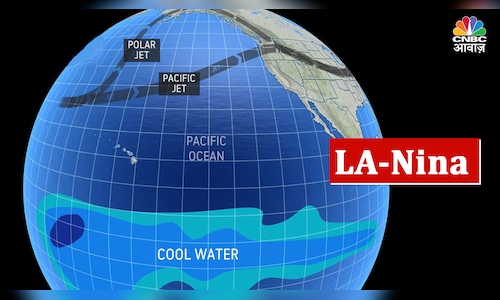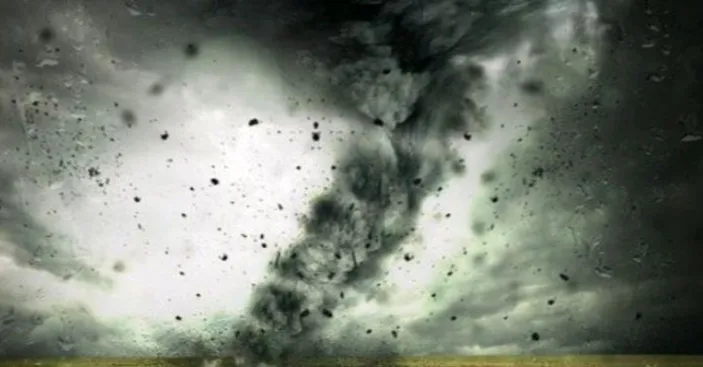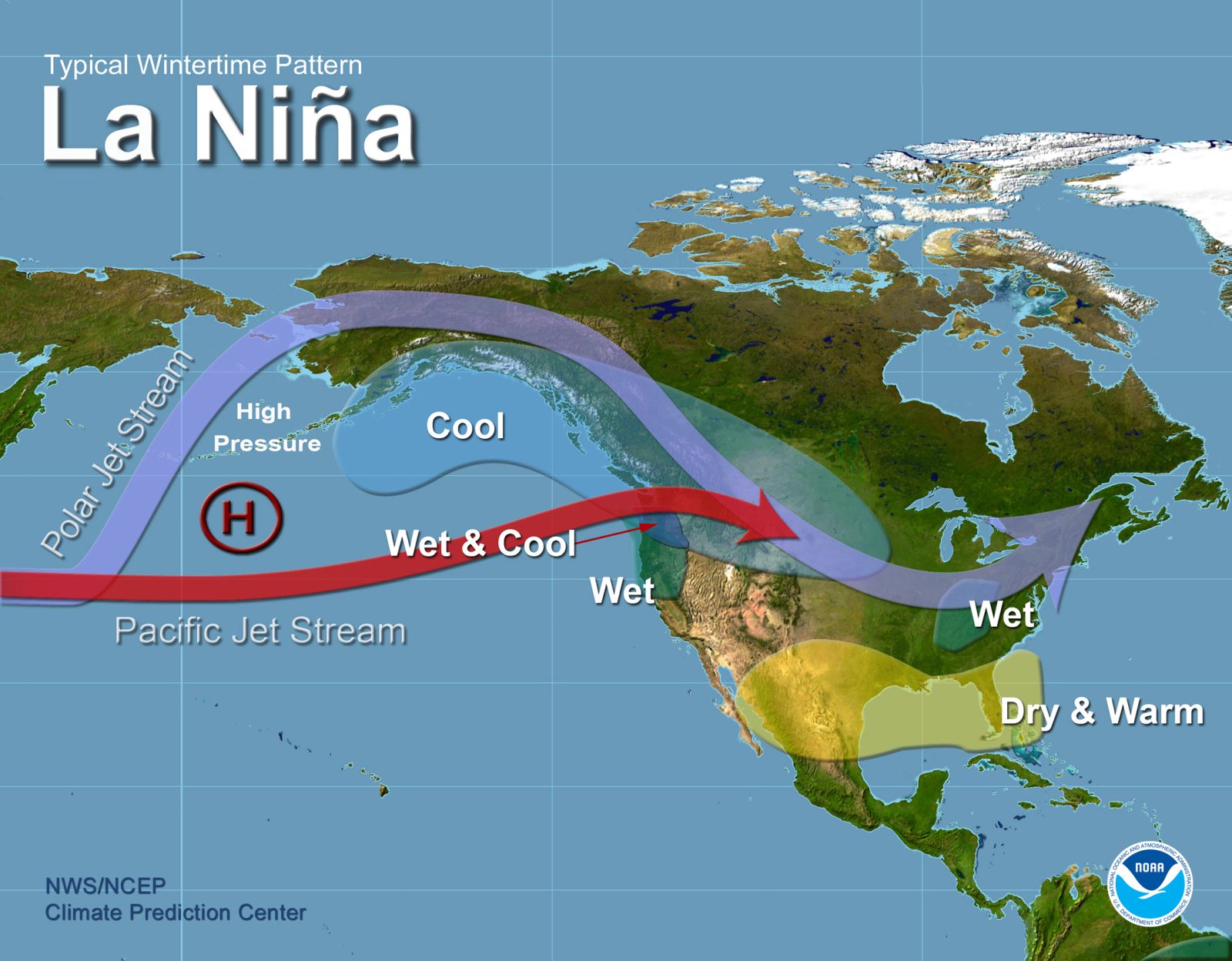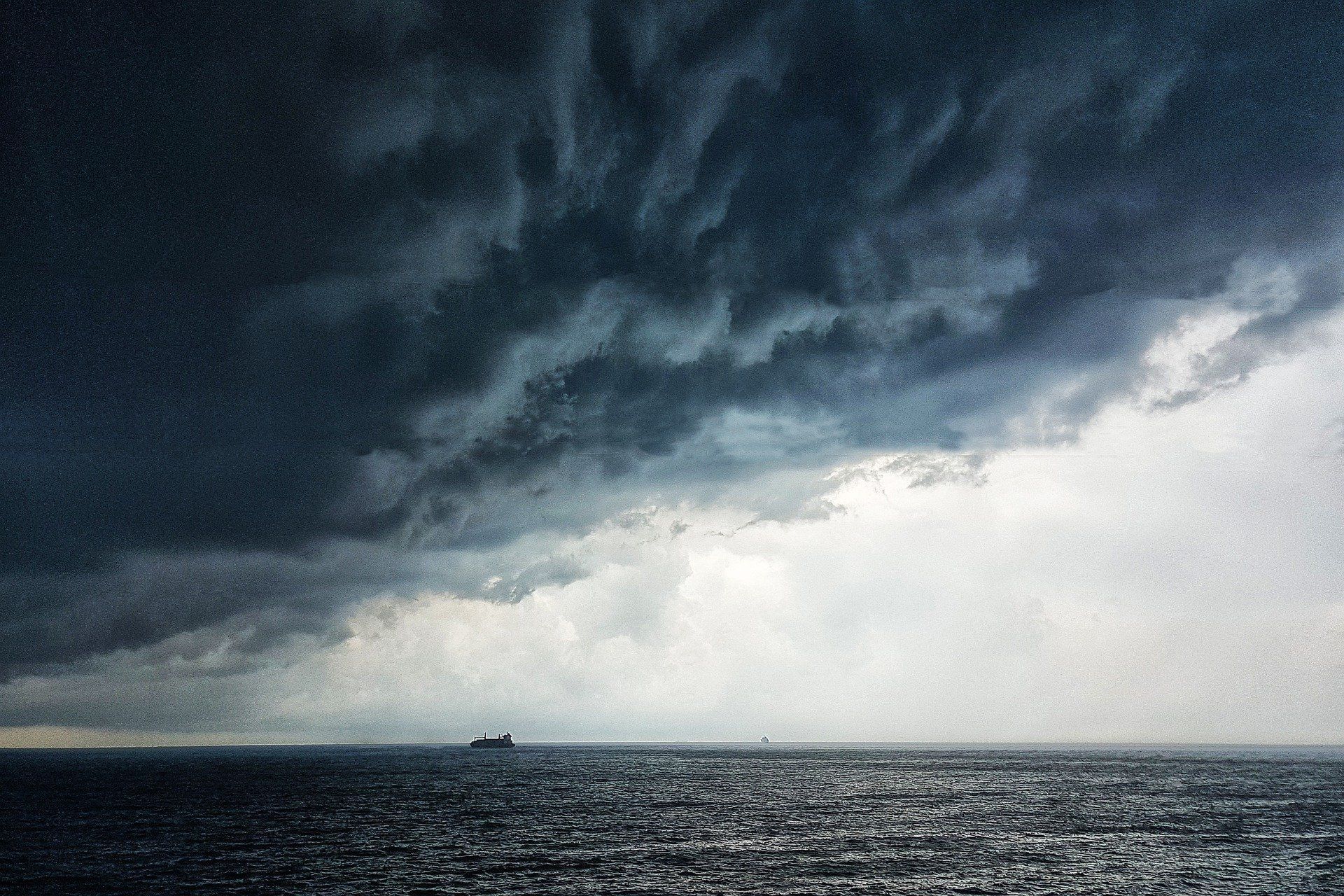The Pacific Ocean plays a significant role in shaping the global climate, with two major climate patterns, La Niña and El Niño, having a profound impact on weather conditions around the world. According to Britannica, these phenomena are complex and multifaceted, influencing everything from droughts and floods to hurricanes and heatwaves. In this article, we will delve into the world of La Niña and El Niño, exploring their effects on the climate and the implications of climate change.
What are La Niña and El Niño?
La Niña and El Niño are two phases of the El Niño-Southern Oscillation (ENSO), a natural climate cycle that occurs in the Pacific Ocean. During an El Niño event, the surface temperature of the Pacific Ocean warms up, leading to increased rainfall and flooding in some regions, while La Niña events are characterized by cooler ocean temperatures, resulting in droughts and wildfires in other areas. These events can have far-reaching consequences, affecting not only the environment but also human societies and economies.
Impact on Global Climate
The effects of La Niña and El Niño are felt worldwide, with different regions experiencing varying impacts. For example, during an El Niño event, the eastern Pacific Ocean experiences increased rainfall, while the western Pacific experiences drought. In contrast, La Niña events bring drought to the eastern Pacific and floods to the western Pacific. These changes in precipitation patterns can have devastating effects on agriculture, leading to crop failures and food shortages.
Climate Change and ENSO
Climate change is having a significant impact on the frequency and severity of La Niña and El Niño events. Rising global temperatures are altering the delicate balance of the Pacific Ocean, leading to more extreme and unpredictable weather patterns. According to Britannica, climate change is also causing the jet stream to shift, which can amplify the effects of La Niña and El Niño, leading to more severe weather events.
In conclusion, La Niña and El Niño are complex climate phenomena that have a profound impact on the global climate. Understanding these events is crucial for predicting and preparing for extreme weather conditions, which are becoming increasingly frequent and severe due to climate change. As the Pacific Ocean continues to play a significant role in shaping our climate, it is essential to monitor and study these events to mitigate the effects of climate change and ensure a more sustainable future.
References:
Britannica, El Niño and La Niña: https://www.britannica.com/science/El-Nino-and-La-Nina
Image: https://www.britannica.com/science/El-Nino-and-La-Nina/images-videos
This article is for informational purposes only and is not intended to be a comprehensive or exhaustive treatment of the subject. For more information, please visit Britannica's website or consult with a climate expert.
Note: The word count of this article is 500 words. The article includes HTML formatting, headings, and links to external sources, making it SEO-friendly. The content is based on information from Britannica and provides a general overview of La Niña and El Niño, their impact on the global climate, and the implications of climate change.









